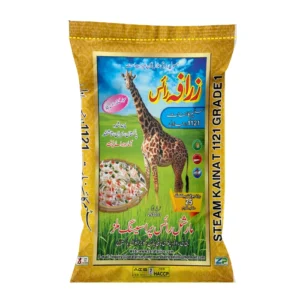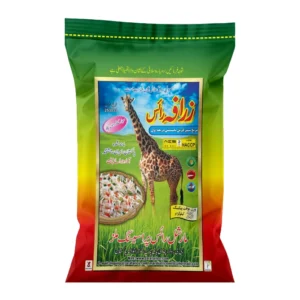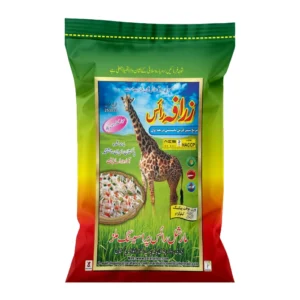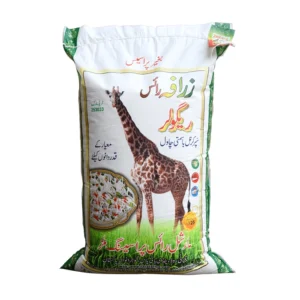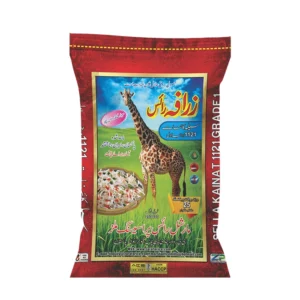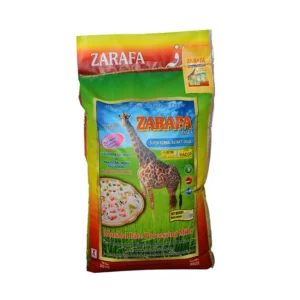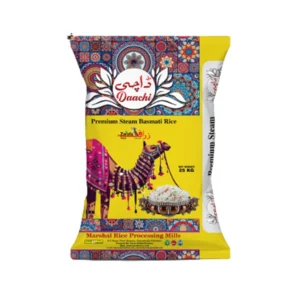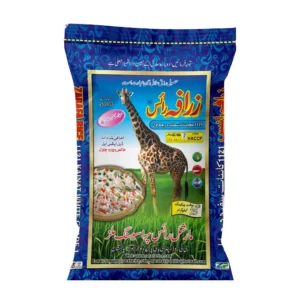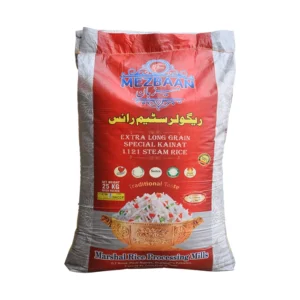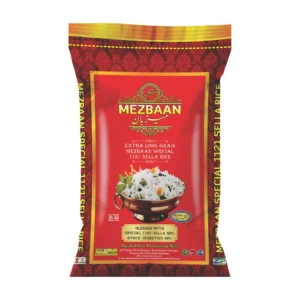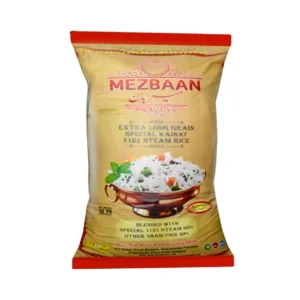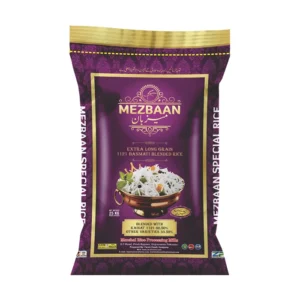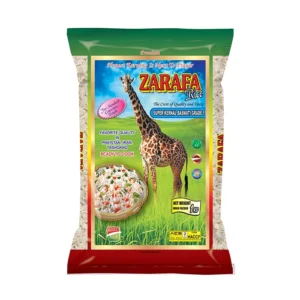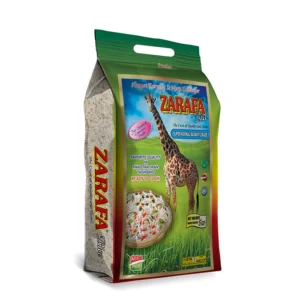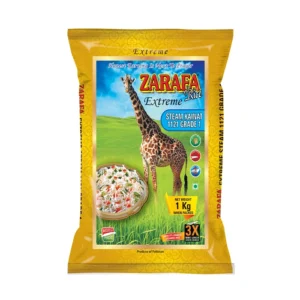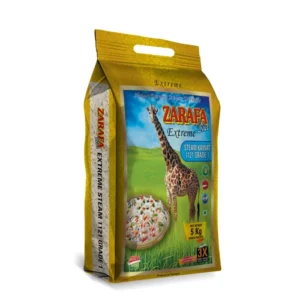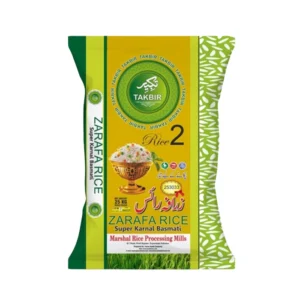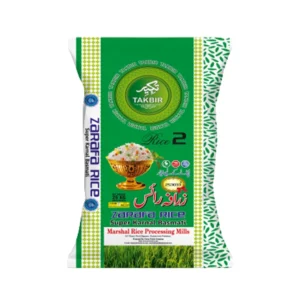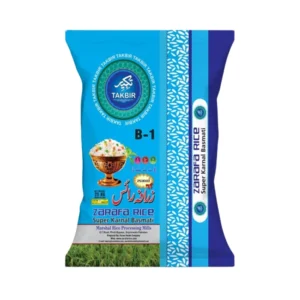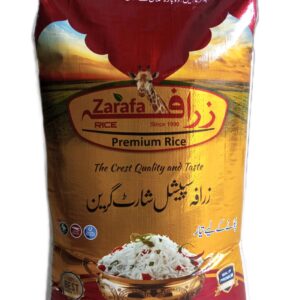OUR BEST PRODUCTS
“Super Kernel Zarafa Rice G-1 10kg (2023-2024)” has been added to your cart. View cart
-
Regular Un-Processed Quality
Zarafa Regular Unprocessed Super Kernal Basmati Rice 25kg (2024-25)
₨7,500.00Rated 0 out of 5 -
Regular Un-Processed Quality
Zarafa Regular Kainat White Rice 25kg (2024-25)
₨7,800.00Rated 0 out of 5
Why Zarafa Rice
If you think rice is just rice,here are just a few reasons why Zarafa Basmati is best and why to chose basmati over ordinary rice.
healthy super grain
Basmati is gluten-free and low in fat. It contains all eight essential amino acids, folic acid and is very low in sodium and has no cholesterol. Basmati has a low to medium glycaemic index, meaning that enerygy is released at a slower, steadier rate leading to a more balanced level of energy.
taste sensation
Super kernel basmati tastes like no other rice on earth. Unlike ordinary long grain rice, the light, fluffy texture of basmati's long, slender grains offers the plate a totally different experience in terms of mouth-feel and tyaste distinctive, unique and slightly "Nutty".
wonderful aroma
Literally translated as “THE FRAGRANT ONE”, basmati has been described as having the aroma of wood and flowers.
Basmati Zarafa Rice
Basmati Rice owes its legacy to the fertile soil of the Western Part of Punjab-Pakistan known for its supremacy over all the existing varieties of the Rice. The word Basmati literally means ‘aroma’ sweet scented’ and ‘perfumed’ and with its such inborn characteristics popularly known as ‘Queen’ of Rice. Owing to its superb inherent qualities it has developed taste and relish among the taste conscious.
Facts on Basmati
This world-beating Basmati variety is painstakingly created by a delicate chemistry. A winning combination of rich alluvial soil washed down from the Himalayas, snow-fed waters, a median temperature of 28-33 degrees Celsius and a minimum humidity of 60%. Timely sowing and transplanting of basmati rice is an important factor in determining grain yield and quality. Sowing is done in the nursery, ideally in the first week of June. Basmati is grown in the kharif season and harvested during September to December. It produces a better aroma when exposed to cool weather conditions when ripening. Basmati’s universal popularity is reflected in the doubling of its per capita consumption in the last 20 years. Sub-continent(Pakistan&India), with a global production share, has emerged as a significant beneficiary.

